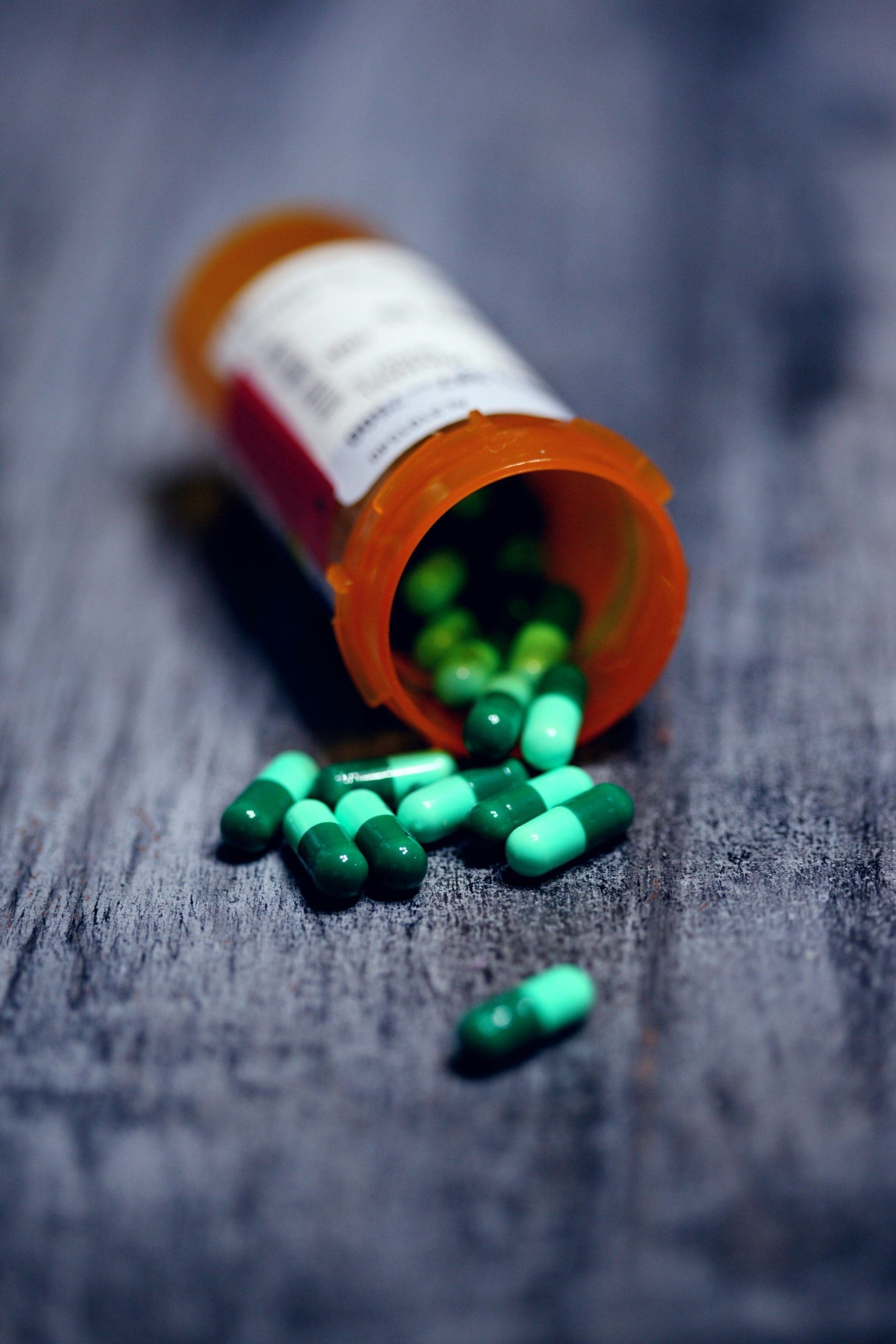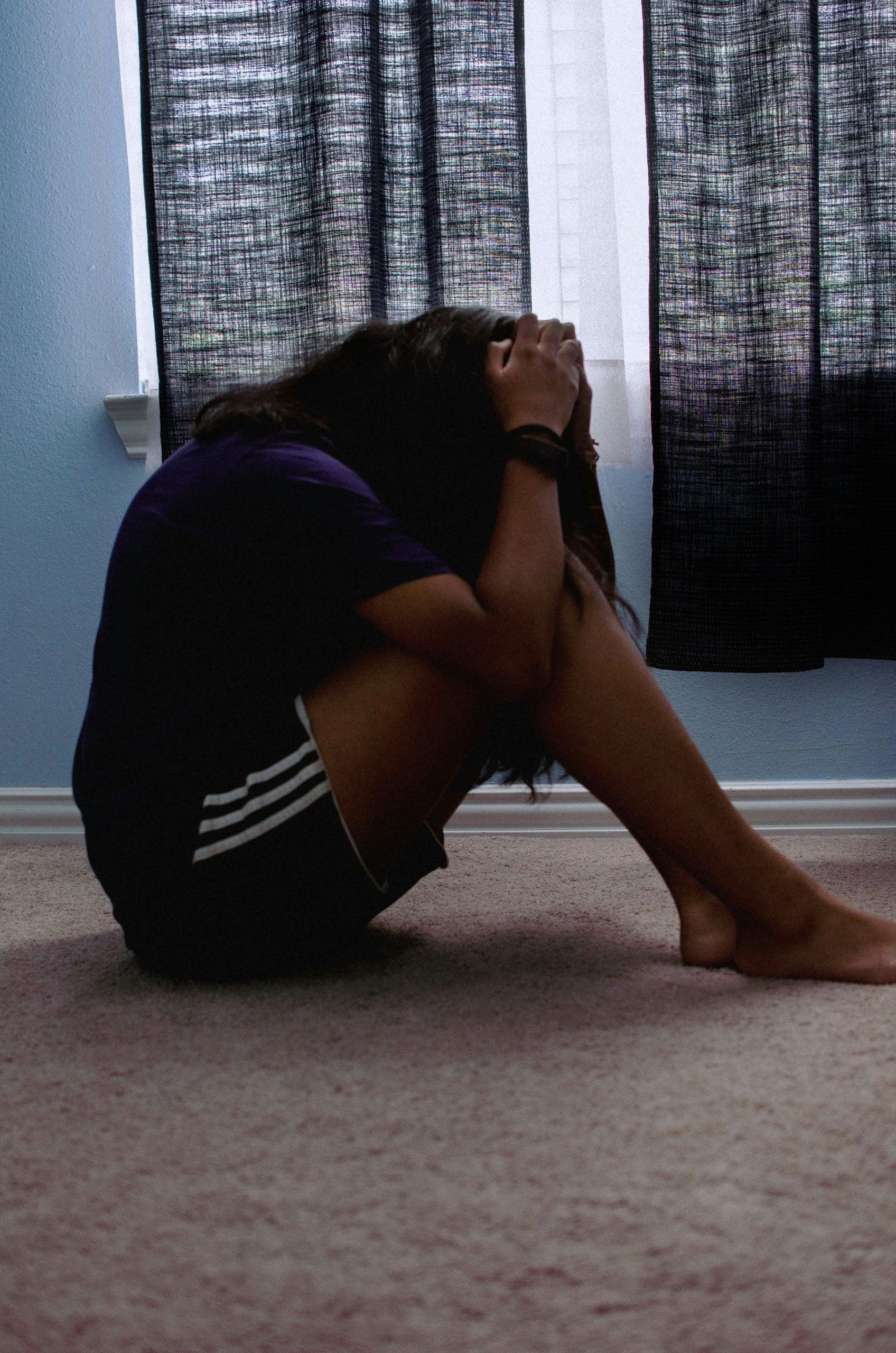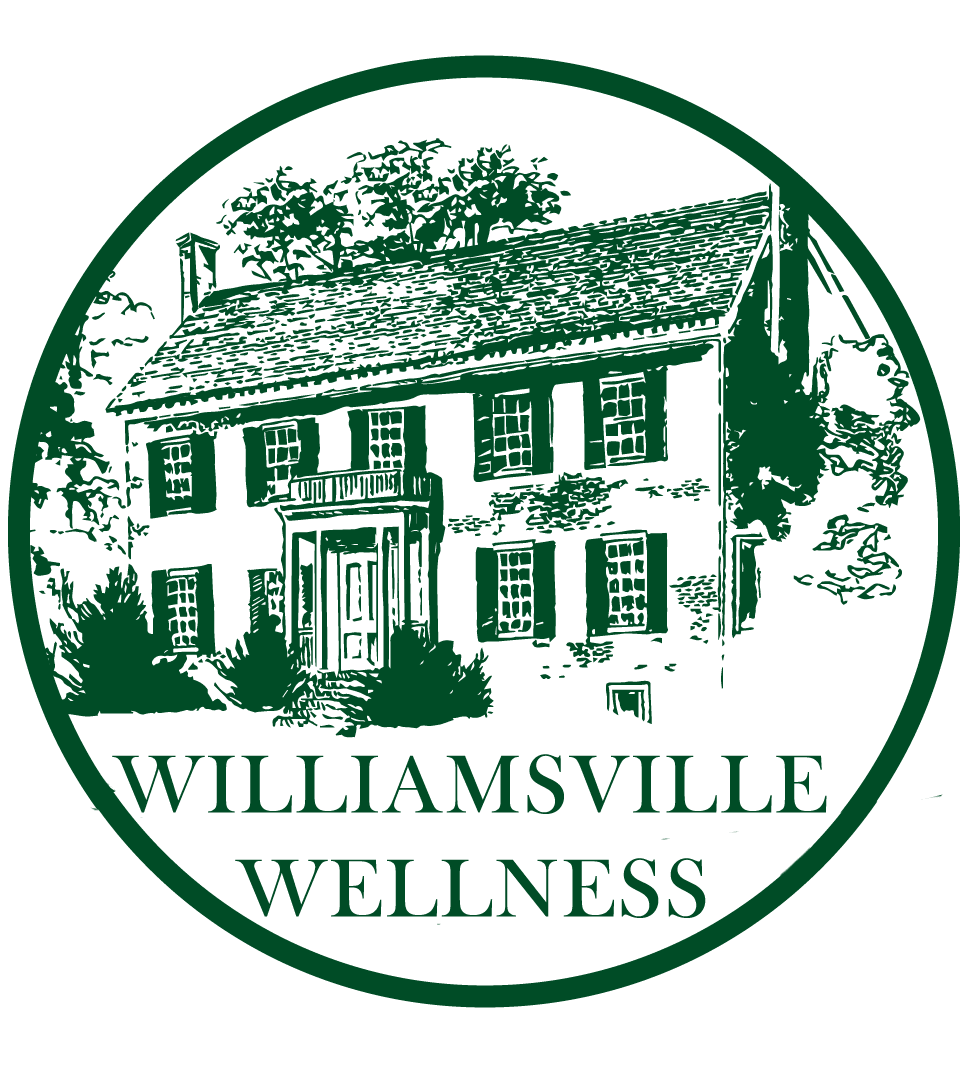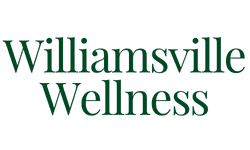Prescription Drug Addiction Treatment in Virginia
Overcome prescription drug dependence with comprehensive, evidence-based treatment that addresses the root of the behavior. Our individualized approach helps you reclaim control of your life.
Begin Your RecoveryPrescription drug addiction affects people from all walks of life, often beginning with legitimate medical treatment that gradually becomes uncontrollable dependence. What starts as following doctor's orders can evolve into a cycle of increasing tolerance, physical dependence, and psychological compulsion that disrupts every aspect of life.
The Hidden Nature of Prescription Drug Addiction
Unlike illicit drug addiction, prescription drug dependence often develops in plain sight. Many individuals struggling with prescription addiction are high-functioning professionals, parents, and community members who began using medication for legitimate medical reasons.
The transition from therapeutic use to problematic use can be gradual and difficult to recognize. Tolerance builds, leading to higher doses or more frequent use. When prescriptions run out, individuals may turn to other sources or even illegal alternatives to avoid withdrawal symptoms.

Categories of Commonly Misused Prescription Drugs
Different types of prescription medications carry unique risks and require specialized treatment approaches:
Prescription Opioid Painkillers
Common medications: OxyContin, Percocet, Vicodin, Fentanyl patches, Morphine, Codeine
Prescription opioids are the most commonly misused category, with 9.7 million Americans misusing painkillers annually. These medications work by binding to opioid receptors in the brain, blocking pain signals but also creating powerful euphoric effects that can quickly lead to dependence.
- High addiction potential: Physical dependence can develop within days of regular use
- Dangerous withdrawal: Can be extremely uncomfortable and requires medical supervision
- Gateway risk: Many heroin users started with prescription opioids
- Overdose danger: Respiratory depression can be fatal, especially when combined with alcohol
Prescription Stimulants
Common medications: Adderall, Ritalin, Concerta, Vyvanse, Dexedrine
Originally prescribed for ADHD and narcolepsy, 4.9 million Americans misuse prescription stimulants. These medications increase dopamine and norepinephrine levels, improving focus and energy but also creating potential for abuse.
- Academic and workplace misuse: Often used to enhance performance or stay awake
- Cardiovascular risks: Can cause heart problems, especially at high doses
- Sleep disruption: Long-term use severely impacts natural sleep patterns
- Psychological dependence: Users may feel unable to function without the medication
Anti-Anxiety Medications (Benzodiazepines)
Common medications: Xanax, Valium, Ativan, Klonopin, Ambien
Prescribed for anxiety, panic disorders, and seizures, benzodiazepines work by enhancing GABA neurotransmitter effects. While effective for short-term use, long-term use can lead to tolerance and dangerous withdrawal symptoms.
- Rapid tolerance development: Effectiveness decreases quickly with regular use
- Dangerous withdrawal: Can cause life-threatening seizures without medical supervision
- Memory impairment: Long-term use can affect cognitive function
- Fatal combinations: Extremely dangerous when mixed with alcohol or opioids
Sleep Medications and Sedatives
Common medications: Ambien, Lunesta, Sonata, Trazodone, Belsomra
Sleep medications are frequently misused by individuals seeking to escape emotional pain or enhance the effects of other substances. The most common reason for prescription drug misuse overall is "trouble sleeping."
- Rebound insomnia: Stopping can cause worse sleep problems than before
- Next-day impairment: Can affect driving and work performance
- Complex behaviors: May cause sleep-walking, sleep-eating, or sleep-driving
- Psychological dependence: Users fear they cannot sleep without medication
Who Is at Risk for Prescription Drug Addiction?
Prescription drug addiction can affect anyone, but certain factors increase vulnerability:
- Chronic pain conditions: Long-term prescription use increases addiction risk
- Previous substance use history: Past addiction makes prescription drug dependence more likely
- Mental health conditions: Anxiety, depression, PTSD often lead to self-medication
- Family history: Genetic predisposition to addiction increases vulnerability
- Early prescription exposure: Starting prescription medications at a young age
- Multiple prescribers: Seeing several doctors without coordination
- Easy access: Having unused medications in the home
- Social acceptance: Prescription drugs seem "safer" than illegal drugs
- Peer influence: Friends or family members sharing medications
- High-stress environments: Demanding careers or life circumstances
- Lack of education: Not understanding addiction potential of prescribed medications
- Stigma avoidance: Believing prescription drugs don't carry addiction stigma
Warning Signs of Prescription Drug Dependence
Recognizing prescription drug addiction can be challenging because use often begins legitimately. Watch for these red flags:
Behavioral Changes
Taking medication more frequently than prescribed, seeking multiple doctors, or using medication for non-medical reasons like stress relief or sleep
Physical Dependence
Needing higher doses for the same effect, experiencing withdrawal symptoms when stopping, or physical deterioration
Psychological Symptoms
Obsessive thoughts about medication, anxiety when supplies run low, or inability to function without the drug
Social Impact
Relationship problems due to medication use, neglecting responsibilities, or obtaining pills from friends/family
Financial Consequences
Spending excessive money on medication, seeing multiple doctors for prescriptions, or buying pills illegally
Dangerous Behaviors
Combining medications unsafely, increasing doses without medical supervision, or continuing use despite negative consequences
Frequently Asked Questions About Prescription Drug Rehab
Find answers to common questions about prescription drug addiction treatment:
Prescription drug addiction often carries unique challenges:
- Medical legitimacy: Many people started using for valid medical reasons, making it harder to recognize addiction
- Social acceptance: Family and friends may not recognize prescription misuse as "real" addiction
- Continued medical need: Some individuals require ongoing pain management or mental health treatment
- Professional impact: Many prescription drug users are high-functioning professionals who fear career consequences
- Complex withdrawal: Some prescriptions require slow, medically supervised tapering
Our treatment approach addresses these unique aspects while providing the same evidence-based addiction treatment principles that work for all substance use disorders.
Medical detox requirements depend on several factors:
- Type of medication: Benzodiazepines and opioids typically require medical supervision
- Duration of use: Long-term use increases withdrawal severity
- Dosage levels: Higher doses create more intense withdrawal symptoms
- Overall health: Medical conditions may complicate withdrawal
- Previous withdrawal attempts: History of seizures or severe symptoms requires medical care
Important: Williamsville Wellness is NOT a medical facility, and detox must be completed elsewhere before admission. We work closely with medical detox providers to ensure a smooth transition to our residential treatment program.
This is a common and important concern. Our approach includes:
- Medical evaluation: Our psychiatric team reviews all current medications
- Coordination with prescribers: We work with your doctors to ensure continuity of necessary care
- Alternative treatments: When possible, we explore non-addictive alternatives for pain, anxiety, or sleep issues
- Gradual tapering: Some medications require slow reduction under medical supervision
- Individual assessment: Each person's medical needs are evaluated separately
Our goal is to help you achieve recovery while maintaining necessary medical treatment. We never recommend stopping prescribed medications without proper medical supervision.
Treatment duration varies based on individual factors, but research shows longer treatment improves outcomes:
- Residential treatment: Our standard program is 28 days, with extensions available based on progress
- Virtual IOP: 6-8 weeks with 3-4 sessions per week plus individual therapy
- Virtual PHP: 2-4 weeks of intensive daily programming
- Continuing care: Ongoing support is crucial for maintaining recovery
Factors affecting treatment length include type of medication involved, duration of use, presence of co-occurring disorders, and individual response to treatment.
Most insurance plans provide coverage for addiction treatment, including prescription drug dependence:
- We accept most major insurance providers including Blue Cross Blue Shield, United Healthcare, and Cigna
- The Mental Health Parity Act requires equal coverage for addiction treatment
- Our admissions team provides free insurance verification before admission
- We help navigate prior authorization requirements
- Payment plans are available for any out-of-pocket expenses
Don't let insurance concerns prevent you from seeking help. Contact us for a confidential benefits verification.
I had tried detox treatments before, and nothing seemed to work. But then I came to Williamsville. The individual attention and therapy helped me understand why I kept going back to pills. Now I have the tools to manage my chronic pain without depending on medication.

Addressing Co-Occurring Mental Health Conditions
Prescription drug addiction often co-occurs with mental health conditions that may have contributed to the initial prescription or developed alongside the addiction:
- Chronic pain conditions: Learning to manage pain without dependence on medications
- Anxiety disorders: Developing healthy coping strategies beyond medication
- Depression: Addressing underlying mood disorders that may drive prescription misuse
- PTSD and trauma: Processing traumatic experiences in healthy ways
- ADHD: Finding appropriate, non-addictive treatment options
- Sleep disorders: Establishing healthy sleep patterns without dependency
Our co-occurring disorders treatment approach ensures both addiction and mental health issues are addressed simultaneously for comprehensive healing.
Comprehensive Prescription Drug Addiction Treatment
Located in Hanover, Virginia
Our treatment center in Hanover County provides a peaceful retreat for healing, just minutes from Richmond. We welcome clients from throughout Virginia and the surrounding Mid-Atlantic region.
Our Unique Treatment Model
What sets Williamsville Wellness apart in prescription drug addiction treatment:
Intensive Individual Therapy
10+ one-on-one sessions weekly - far more than typical treatment centers
Medical Coordination
Working with your doctors to manage legitimate medical needs
Small, Intimate Setting
Only 14 beds ensuring personalized attention and care
Holistic Healing
400+ acre campus providing peace and tranquility for recovery
Evidence-Based Therapies
Cognitive Behavioral Therapy
Identifying and changing thought patterns that contribute to prescription drug misuse
Dialectical Behavior Therapy
Building skills for emotional regulation and distress tolerance without medication
Mindfulness-Based Interventions
Developing awareness and acceptance to manage pain, anxiety, and cravings naturally
Family Systems Therapy
Healing relationships and building support systems for long-term recovery
Motivational Enhancement
Strengthening internal motivation for change and recovery goals
Relapse Prevention
Developing comprehensive strategies to maintain recovery long-term
Prescription drug addiction is a medical condition, not a moral failing. Whether your dependence began with a legitimate prescription or you've been struggling for years, effective treatment can help you reclaim your life while managing any ongoing medical needs appropriately.
Alternative Pain and Anxiety Management
A crucial part of prescription drug recovery involves learning to manage underlying conditions without addictive medications. Our comprehensive approach includes:
- Non-addictive medication alternatives when appropriate
- Nutritional therapy to support natural healing
- Physical therapy and exercise programs
- Mindfulness and meditation practices
- Stress management techniques
- Sleep hygiene education

Our treatment goes beyond simply stopping prescription drug use - we help you build a comprehensive toolkit for managing life's challenges without dependence on medication. Through intensive therapy, you'll discover the root causes of your prescription drug use and develop sustainable strategies for long-term recovery.
Reclaim Your Life from Prescription Drug Dependence
Take the first step toward freedom from prescription drug addiction. Our compassionate team understands the unique challenges you face and is here to help.
Call Now: 804-655-0094

